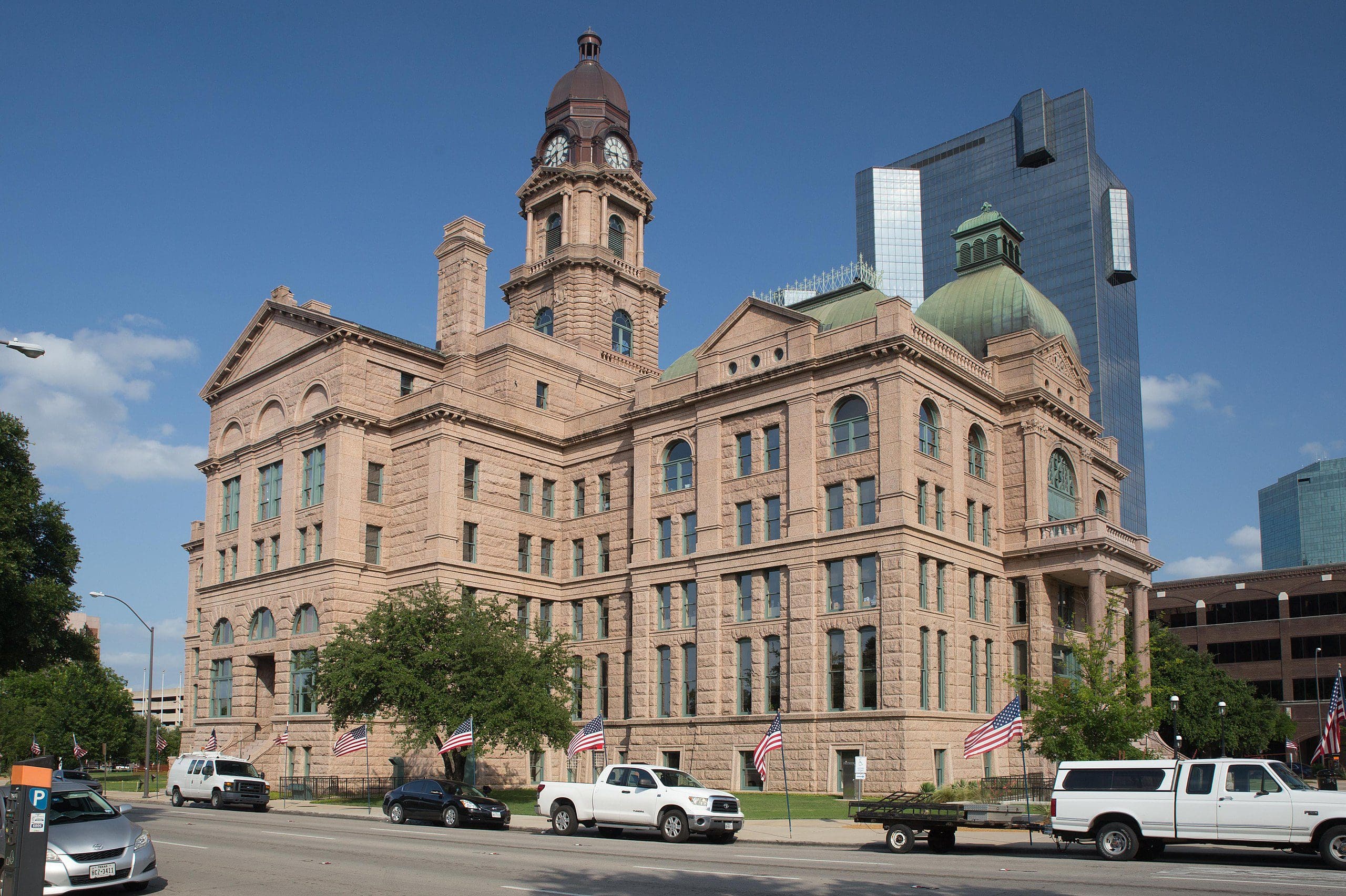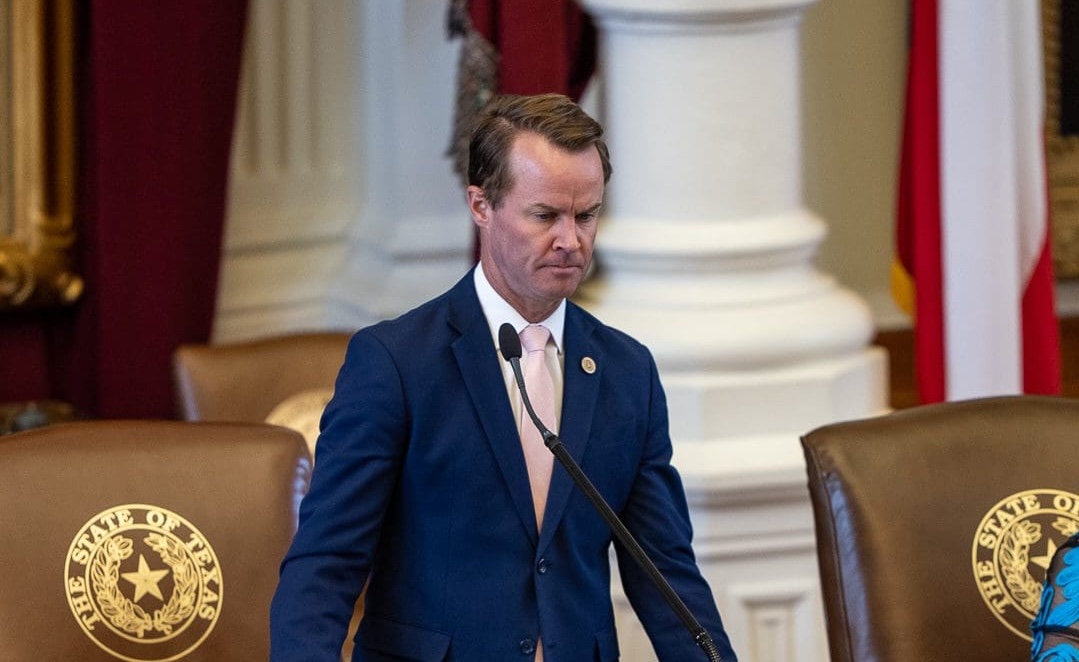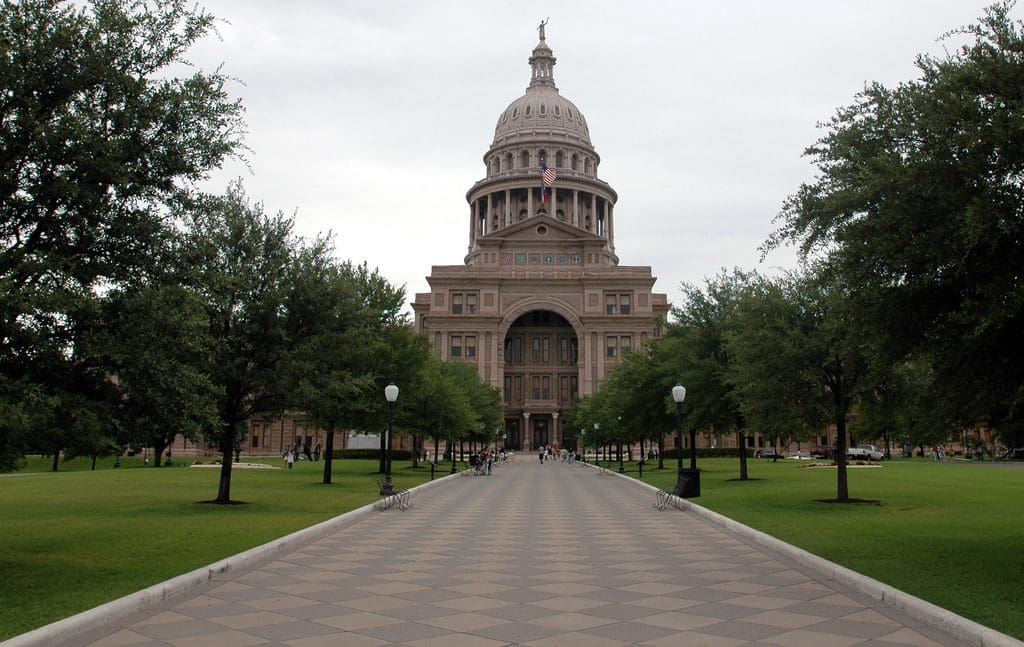Update: The original article misattributed the radio station by which radio host Mark Davis operated. It has been updated to reflect the correct station as KSKY 660AM (8/5/2021)
As the 30-day clock winds down for the first called special legislative session this Friday, the results are lackluster when it comes to the progress of Gov. Greg Abbott’s agenda of items that were to be considered. None will end up being passed.
Almost as soon as the first-called special legislative session was underway, legislative business drew to a halt in the House of Representatives due to a lack of quorum, since a majority of Democrat lawmakers left Austin after being enabled by Republican leadership to do so. With many going to Washington, D.C., they have left the House paralyzed ever since.
In contrast, despite having initially lost several Democrat senators who joined their House colleagues, the Senate virtually passed all of the items on Abbott’s agenda before the special session was even halfway complete, as the Senate still maintained quorum.
In response, Abbott has indicated on multiple occasions that he will continue to call back the Legislature for special sessions until his agenda is adequately considered. What is less clear is whether the same agenda will be prescribed for those future sessions or if Abbott will change course to compel the absent lawmakers to return.
Adding to the confusion is whether additional issues important to conservatives, members of Abbott’s own political party, or funding for the Legislature itself will be resolved.
Conservative Activists Demand Issues
In the lead-up to the ongoing special session, more than 251 conservative grassroots political influencers penned their names to a letter urging Abbott to consider a litany of policy issue areas related to both Republican Party of Texas legislative priorities and issues they deemed necessary to “protect life, liberty, and property of Texans” that were not addressed during the 87th regular legislative session that ended in May.
They specifically requested consideration of legislation related to Republican Party of Texas legislative priorities, including election integrity “to protect every legal vote,” religious freedom prohibiting biological males from participating in biological women’s sports, banning the gender modification of children, abolishing abortion, banning taxpayer-funded lobbying, monument protection including that of the Alamo and the Cenotaph, and the restoration of the Texas Legislature’s constitutional role as a check and balance on the executive branch during declared emergencies.
They went on to request legislation ensuring the security and reliability of Texas’ electric grid, corrections to the “flawed” ban on critical race theory passed in the regular session, gaining operational control of the border between Texas and Mexico, using the additional monies available based on the revised biennial revenue estimate for property tax relief, and banning employee and student COVID-19 vaccine mandates to protect Texans’ right to work and associate freely.
When Abbott announced his special session agenda only the day before the session began, only a handful of the items on the list addressed the issues requested in the letter. Those items included election integrity, funding for border security, and a requirement that athletes compete in a sport associated with their biological sex.
Notably left off the list was a ban on gender modification on children, an issue killed by Republican leadership in the House during the regular session.
Gender Modification
Oddly, Abbott announced a nondescript solution to the issue on July 19.
“We have another solution that will address that problem that will be announced shortly. … The solution should be announced within the next week,” Abbott told conservative host Mark Davis in a radio interview on KSKY. “I’ll be candid with you. I’ll tell you what everybody knows, and that’s the chances of [those protections] passing during the session in the House of Representatives was nil.”
He continued, “What I can tell you is I have another way of achieving the exact same thing, and it’s about a finished product as we speak right now and may be announced as soon as this week.”
More than a week passed, and so far, nothing has happened.
Will this issue be added to a future special session?
Funding for the Legislature
Also unknown is how or if the issue of funding for the Legislature itself will be addressed.
Abbott employed his line-item veto power and stripped the budget that begins September 1 for the next two years of any and all funding for the Legislature back in early June.
He did add the issue to the ongoing special session’s agenda, but with only a few days remaining and less than one month left before the next budget biennium begins, legislative staff and legislative agencies are left in a state of limbo as to whether they will continue to receive funding.
Abbott had previously said he would allow the restoration of that funding if the bills related to election integrity and bail reform were considered and passed during the special session. These issues were emergency legislative items that died in the waning days of the regular legislative session as House Democrat lawmakers once again busted quorum after being enabled by Republican leadership to do so, ending their consideration.
Redistricting & COVID “Relief” Funding
Discussed several times in the lead-up to the end of the regular session was calling a specific special session some time at the end of September or early October to address redistricting and the allocation of money sent by the federal government for COVID relief.
It is unclear whether those issues will be considered in a stand-alone session or among several other issues.
What Will Change?
There is also the question of what will change—or have to change—to compel absent lawmakers to return to work at all?
Thus far, House Speaker Dade Phelan has been reluctant to actually attempt to address their absence. He requested that absent lawmakers return their daily per diem payments, stripped State Rep. Joe Moody (D–El Paso) of his title as speaker pro tempore, and issued a civil arrest warrant for only one absent lawmaker (who, after originally returning from Washington, D.C., fled Austin a second time after Phelan gave him a “permission slip” to leave the Capitol).
All absent lawmakers still retain their chairmanships, vice chairmanships, committee memberships, and seniority privileges.
At the beginning of the quorum break, Texas Gov. Greg Abbott said in an interview:
First of all, I’ll tell you what the House of Representatives can do. What the speaker can do is issue a call to have these members arrested. In addition to that, however, I can and I will continue to call a special session after special session after special session all the way up until election next year. And so if these people want to be hanging out wherever they’re hanging out on this taxpayer-paid junket, they’re going to have to be prepared to do it for well over a year. As soon as they come back in the state of Texas, they will be arrested. They will be cabined inside the Texas Capitol until they get their job done.
In the midst of all of this, former Congressman Beto O’Rourke and other Democrat political influencers have been publicly fundraising money and support to help the absent lawmakers not only sustain their absence, but to influence the U.S. Senate to consider the “For the People Act,” which was previously passed by the U.S. Congress and would allow the federal government to have a heavy-handed role in elections.
Outside of a de facto war of attrition between legislative Republicans and Democrats at the expense of taxpayers, will Republican leaders in Austin cave and change the issues that are to be considered in order to bring absent lawmakers back to the table?





